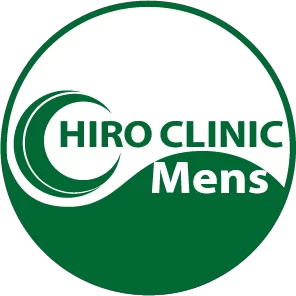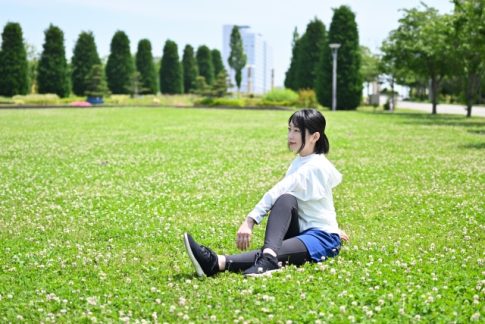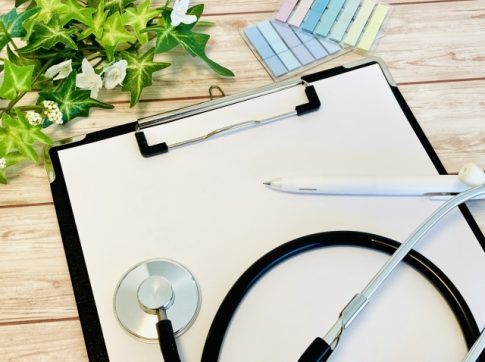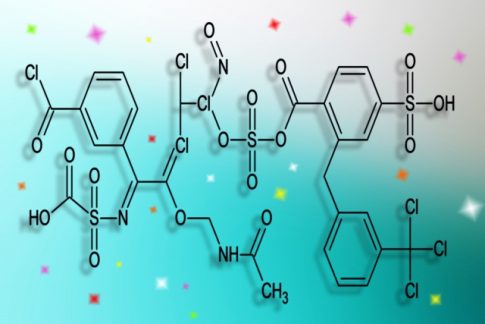Introduction
Androgenetic Alopecia (AGA) is a hair loss problem faced by many men, and while treatment of AGA requires a doctor’s diagnosis and prescription, self-care at home is also important to enhance the effectiveness of treatment. This article details the importance of self-care and specific methods for AGA treatment.
AGA Treatment Overview
1. Mechanism of AGA
AGA is mainly caused by the hormone dihydrotestosterone (DHT), which acts on hair follicles and shortens the hair growth cycle. DHT is produced from testosterone by the enzyme 5α-reductase.
2. General Treatment
Finasteride: An oral medication that inhibits 5-alpha-reductase and reduces the production of DHT.
Dutasteride: An oral medication that, like finasteride, inhibits 5-alpha-reductase but has a broader range of actions.
Minoxidil: topical application that stimulates blood circulation and nourishes hair follicles.
Importance of self-care
1. Maximize treatment effectiveness
Self-care is important to maximize the effectiveness of the therapeutic agent prescribed by the physician. Combining therapeutics and self-care can have a synergistic effect.
Increased blood circulation: Scalp massage and exercise are important to enhance the effectiveness of therapeutic agents.
Nutritional Supplementation: A balanced diet provides the nutrients needed to maintain hair health.
2. Ongoing Care
AGA treatment requires a long-term commitment. Routine self-care will facilitate continuation of treatment.
Part of daily routine: Incorporate self-care into your daily routine so that you can continue to do so effortlessly.
3. Mental Health
AGA can also cause emotional stress.Self-care can help maintain mental health as well.
Relaxation: Stress management and relaxation techniques are incorporated to promote emotional stability.
Specific methods of self-care
1. Scalp massage
Scalp massage stimulates blood circulation and helps deliver necessary nutrients to the hair follicles.
Method: Massage the scalp in a gentle circular motion with the bellies of your fingers.It is effective if done daily for 3-5 minutes.
2. Well-balanced Diet
Proper nutrition is important for hair health.
Protein: Consume meat, fish, eggs, and soy products.
B vitamins: found in nuts, eggs, leafy greens, etc.
Zinc: found in abundance in oysters, beef, and beans.
Iron: Red meat, spinach, and lentils are good sources.
3. Moderate exercise
Exercise promotes blood circulation throughout the body and improves blood flow to the scalp.
Aerobic Exercise: Walking, jogging, or cycling for 30 minutes 3-4 times a week is recommended.
Strength training: 2-3 times a week, work out all the muscles in your body in a balanced manner.
4. Stress Management
Stress can affect the hormonal balance and exacerbate the progression of AGA.
Meditation: Have a daily meditation habit for mental stability.
Deep breathing: Deep breathing is relaxing and reduces stress.
Hobbies: Dedicating time to hobbies can free you from the stresses of everyday life.
5. Good Sleep
Sleep is essential for the body’s repair and regeneration, which in turn affects hair health.
Regular sleeping habits: Try to go to bed and wake up at the same time every day.
Comfortable sleeping environment: dark, quiet, and cool environment to promote good sleep.
6. Maintaining cleanliness of scalp
Keeping the scalp clean is important for hair health.
Proper shampooing: Use hypoallergenic shampoo and wash hair daily. Massage the scalp while washing to stimulate blood circulation.
Shampoo frequency: Ideally, hair should be washed once a day, as excessive washing dries out the scalp.
How to Continue Self-Care
1. Incorporate into daily routines
Incorporating self-care into your daily routine can be effortless.
Morning Massage: Incorporate scalp massage into your morning routine.
Meal planning: Plan and consume nutritionally balanced meals.
2. Seek support
Having the support of family and friends makes it easier to continue self-care.
Family cooperation: enjoy meals and exercise with family members.
Support from friends: spend time with friends to manage stress and hobbies.
3. Documenting Results
Documenting the results of self-care will help keep you motivated.
Use of a journal: Record the content and effectiveness of daily self-care.
Photo comparison: Regularly photographically record the condition of the scalp and hair to identify any changes.
Summary
Self-care in AGA treatment is essential to maximize the effectiveness of treatment and achieve long-term improvement.Practicing self-care that is easy to incorporate into daily life, such as a well-balanced diet, moderate exercise, stress management, good sleep, and keeping the scalp clean, will help maintain healthy hair and reduce the progression of AGA. Make self-care a habit and continue to work on it to support effective AGA treatment.










